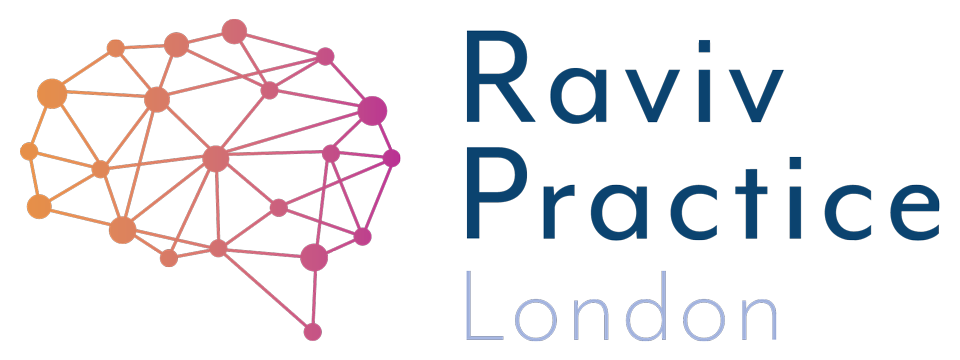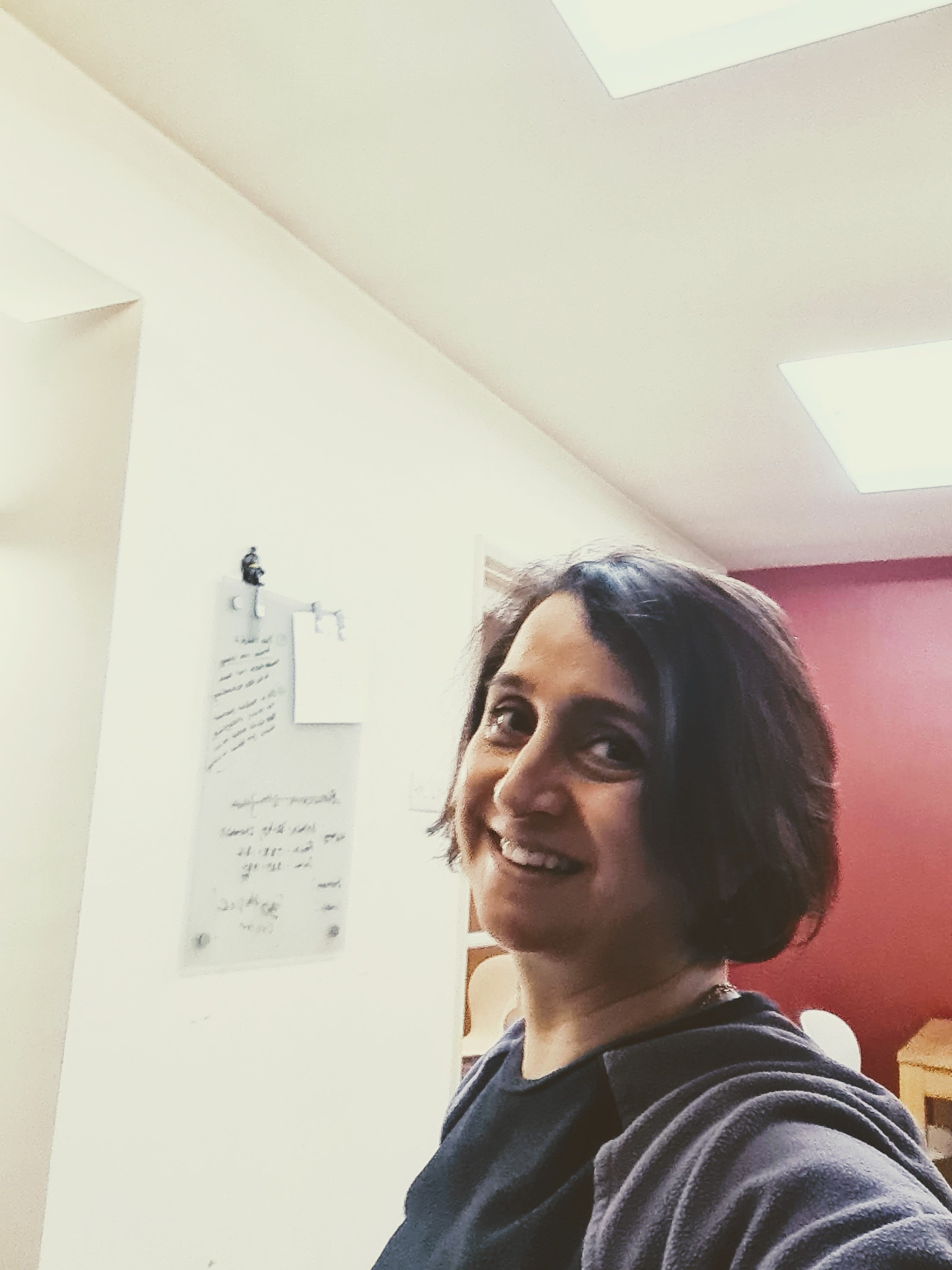My 8-year-old son's educational psychologist report revealed he had visual processing problems
Vision is complicated
My 8-year-old son's educational psychologist report revealed he had visual processing problems
"My 8-year-old son's Educational Psychologist Report revealed he had visual processing problems. I am so confused because I take him to the optician to get his eyes checked regularly and they never mentioned any problems."
Parents are often baffled when they learn, despite due care and diligence, things are not as they seem where their child's eyes are concerned.
How does getting vision tested help our eyes?
Going to the optician and getting your child's eyes checked is critical as a first step. They check the eyes' health and see if issues relate to how well each lens can see up close and at a distance. If there are issues with focusing, then opticians prescribe glasses. This ‘eye check-up’ checks how well the visual equipment works and rectifies focusing concerns.
However, getting information from our eyes is only half of the story. Our eyes absorb the visual data, but our brain interprets what we see. Look at the picture below, can you see the old lady and the young lady in the same picture? Depending on the lines we focus our attention on, we can see both images. We make sense of the lines differently.
The necklace of the young lady is the mouth of the old lady. How the brain works, to put meaning to what we see, is fascinating.
Can you see both?
Old lady &
Young lady in this image?
What is visual processing, and why is it important?
Visual processing is an umbrella term for several activities the eyes and brain must perform together. The success of these activities is fundamental to learning as they affect reading, copying, and understanding what is being read.
“Visual processing can be best described as how the brain, eyes and it’s muscles perform together.”
If the eye muscles are underdeveloped, they can affect how the eyes move, and this, in turn, affects visual processing too. So, visual processing can be best described as how the brain, eyes and its muscles perform together. The regular optician does not test for visual processing. As parents, you should know there are many indicators of visual processing you can look out for:
If your child can not move their eyes smoothly across a horizontal line of a script when reading, or vertically when calculating column sums, it will be considered a tracking difficulty.
If your child, when reading cannot successfully move and focus from one word onto the next, it will come under fixation problems. They my re-read or go back or skip forward when reading a sentence.
If both eyes do not work well as a team to form one picture, then there are binocular visual difficulties, and often these children see double.
If they have difficulties throwing and catching a ball these are too related to how eyes can do reading tasks. The eyes need to converge on the one focal point when the ball comes nearer and as it moves further they need accommodate by diverging on a larger target area. Convergence is needed for reading at close-up and sustaining the ability to hold that position when reading over a longer period. Divergence is needed when reading from the whiteboard. If the child needs to copying from the whiteboard both are at play.
Those children with a poor field of vision can only focus on one item at a time may find it a challenge to see the line of the script, or in a play situation, they do not notice who is around them when playing on the sports field.
If your child continues to confuse letters such as “b” and “d” or misread words such as “spot” and “stop” beyond the developmental phase (after six years of age) then this would be considered visual-perceptual difficulties.
How does visual processing affect learning?
“It is no surprise that many visual processing problems co-exist in a child with learning difficulties.
It is no surprise that many visual processing problems co-exist in a child with learning difficulties. Children with ADHD, Dyslexia, Dyspraxia and Autism often have undetected visual processing difficulties, and in turn, this can hinder learning by slowing down how quickly visual information is absorbed and understood. Parents with children with SEN (special education needs) can learn a lot by watching their child read, and help detect the warning signs of Visual Processing Difficulties, such as:
Tracking problems result in slow reading speed.
Convergence problems result in feeling tired or exhausted when reading and even falling asleep because the eye muscles cannot hold that position for long periods.
When the field of vision is poor, children read one or two words at a time and do not link the words with ease to form a flowing sentence
Those who see letters in reverse are unsure of what sound to produce so phonic and phonological understanding is weak.
Children who mix up ‘b’ and ‘d’ when reading will also do this when writing.
What do we do, how do we help?
Raviv Practice London uses the Infinity-Walk and one-to-one therapy to help children with one or a number of those problems mentioned above. It takes around six weeks to stop children from reversing their letters, and once they are sure of the letter direction, they can read with less difficulty. We have a dual approach of eye movement exercises as part of our one-to-one therapy programs, combined with a tried and tested phonics program such as Alpha to Omega by Beve Hornsby, we can make changes to how children process visual information in as little as 12 weeks, and children can jump reading age. All our follow-on reading programs can be delivered online through remote intervention as well as face-to-face. If you think your child may be experiencing difficulties linked to visual processing, let’s chat about how we can help.
Dyslexia? Dyspraxia? ADHD? ASD? Speech & Language? Developmental Delay? Anxiety?
Is every school day a struggle? As a parent, you may feel exhausted and on this journey alone. Each year you see the gap getting wider. You need to do something - change the approach, help your child learn for themselves, find a way to turn this around - to help while you can - do this NOW. the first step is free.
About the Author
Usha Patel is a Neurocognitive Therapist and Director at Raviv Practice London. Parents searching to help their suspected/neurodiverse child can get evidence-based solutions with results in as little as 8 weeks. Those in search of jargon-free help can get started straight away.




